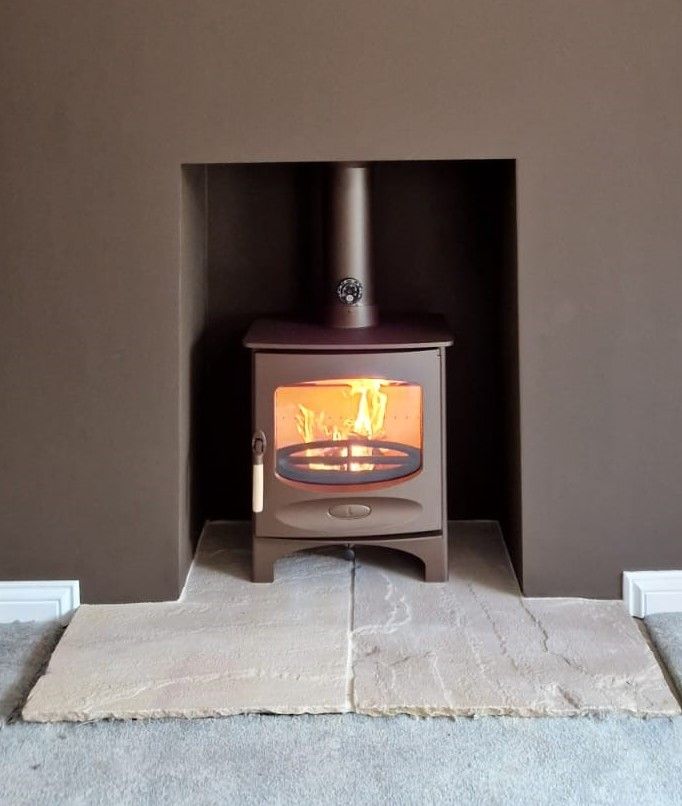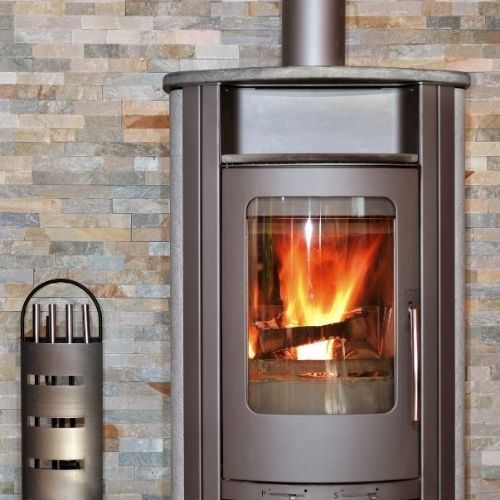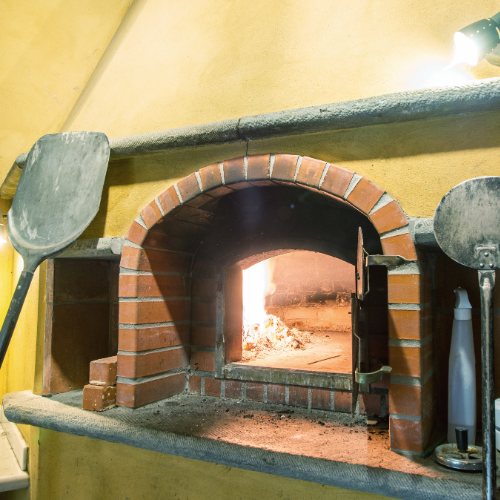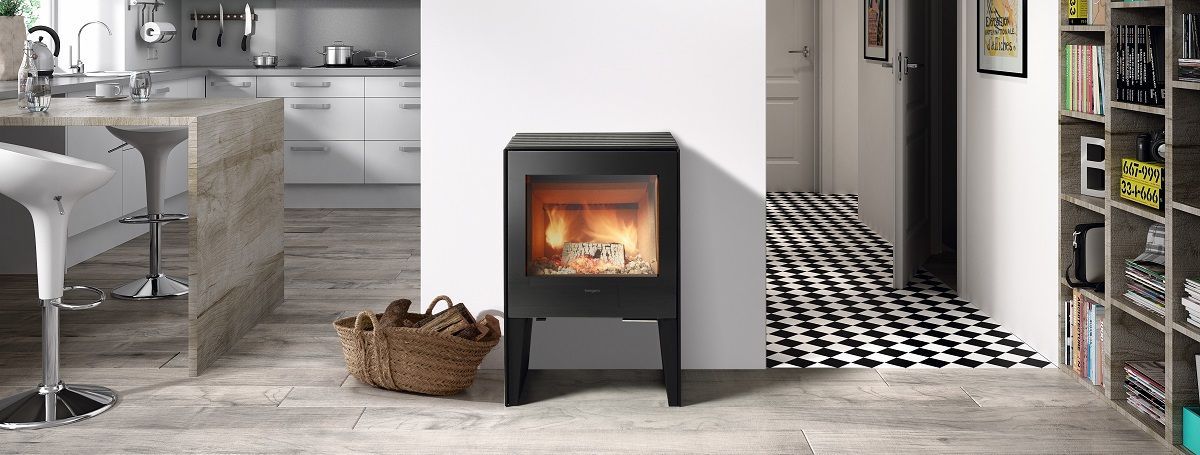Opening Times: Tues - Fri 8:30 am - 4:30 pm / Sat 9 am - 4:30 pm / Sun Closed.
The Environmental Impact of Wood-Burning Stoves: Myths and Facts
Debunking Misconceptions and Highlighting the Eco-Friendliness of Modern Wood-Burners
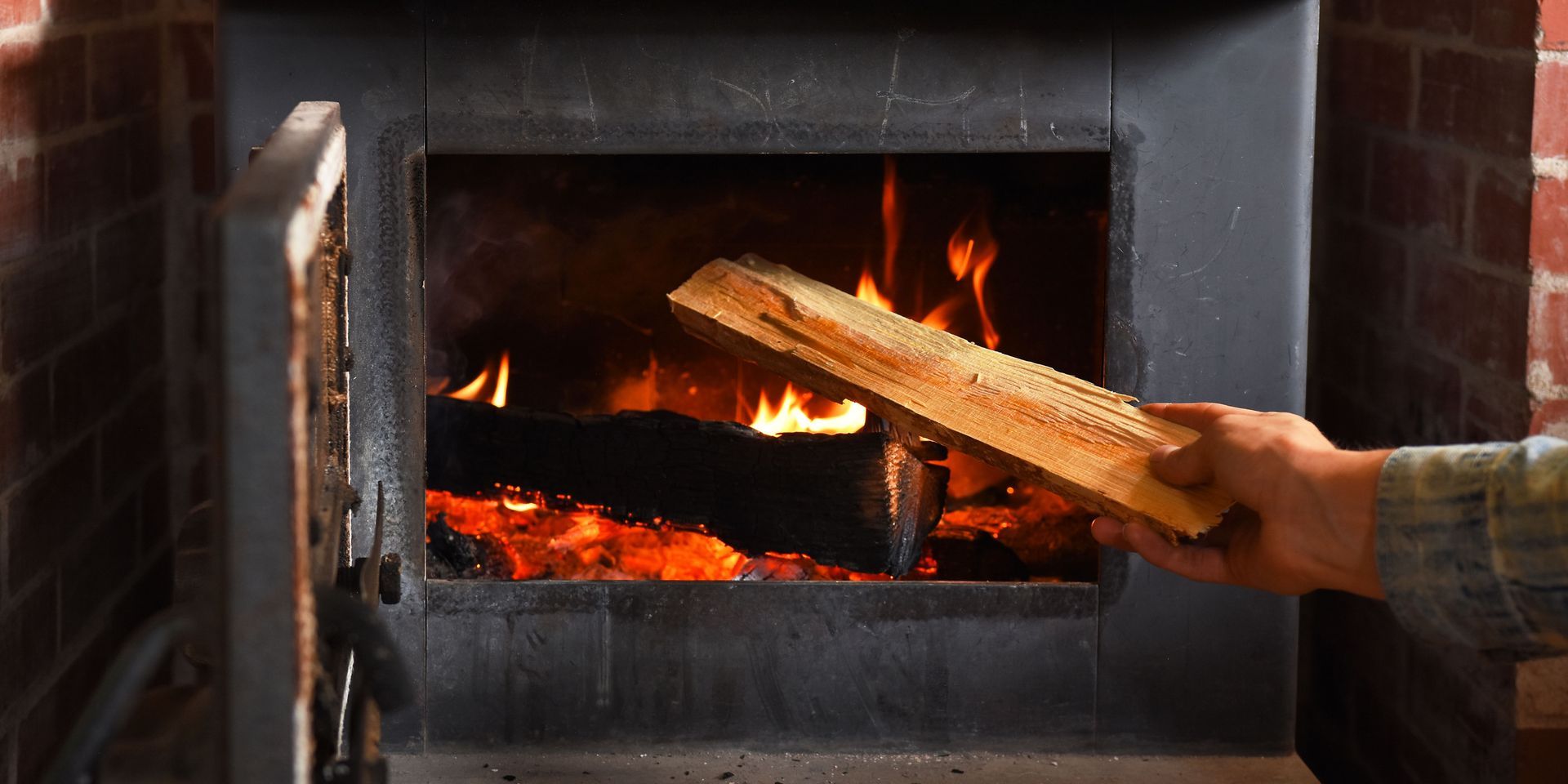
Wood-burning stoves have been a popular choice for heating homes for a long time, offering both warmth and a cosy atmosphere. However, there are many myths and misconceptions about their environmental impact. In this guide, we address some common misunderstandings and discuss the eco-friendliness of modern wood-burners, so that you can make informed decisions about your heating choices.
Myth 1: Wood-burning Stoves Are Major Polluters
A common belief is that wood-burning stoves are significant sources of pollution. While older, inefficient stoves and open fires can produce harmful emissions, modern wood-burning stoves are built to meet stringent environmental standards.
- Fact: Modern stoves are cleaner and more efficient. They use advanced combustion technology to burn wood more completely, reducing the amount of smoke and particulates released into the air. Many new stoves meet or exceed the EcoDesign regulations, which set strict limits on emissions.
Myth 2: Burning Wood Contributes to Deforestation
Another concern is that using wood for fuel leads to deforestation and unsustainable forest management.
- Fact: When sourced responsibly, wood is a renewable energy source. Sustainable forestry practices ensure that for every tree harvested, several more are planted, maintaining a balance and promoting healthy forest ecosystems. Look for wood that is certified by organisations such as the Forest Stewardship Council (FSC) to ensure it comes from sustainably managed forests.
Myth 3: Wood-burning stoves Are Inefficient
Some people think that wood-burning stoves are an inefficient way to heat a home compared to modern gas or electric heating systems.
- Fact: Modern wood-burning stoves are highly efficient. High-efficiency models can convert up to 80% of the energy in wood into heat for your home. By using seasoned, dry wood, you can maximise the efficiency of your stove and reduce emissions further. Additionally, using a wood stove can be more cost-effective in the long run, especially in areas where wood is readily available.
Myth 4: Wood Smoke Is Always Harmful to Health
A common misconception is that all wood smoke is harmful and poses serious health risks.
- Fact: Whilst it is true that wood smoke can contain harmful particles, the emissions from a modern, properly used wood-burning stove are minimal. Using seasoned wood, maintaining your stove, and ensuring proper ventilation can significantly reduce the health risks associated with wood smoke. Moreover, many modern stoves feature filters and other technologies to minimise emissions.
The Eco-Friendliness of Modern Wood-Burners
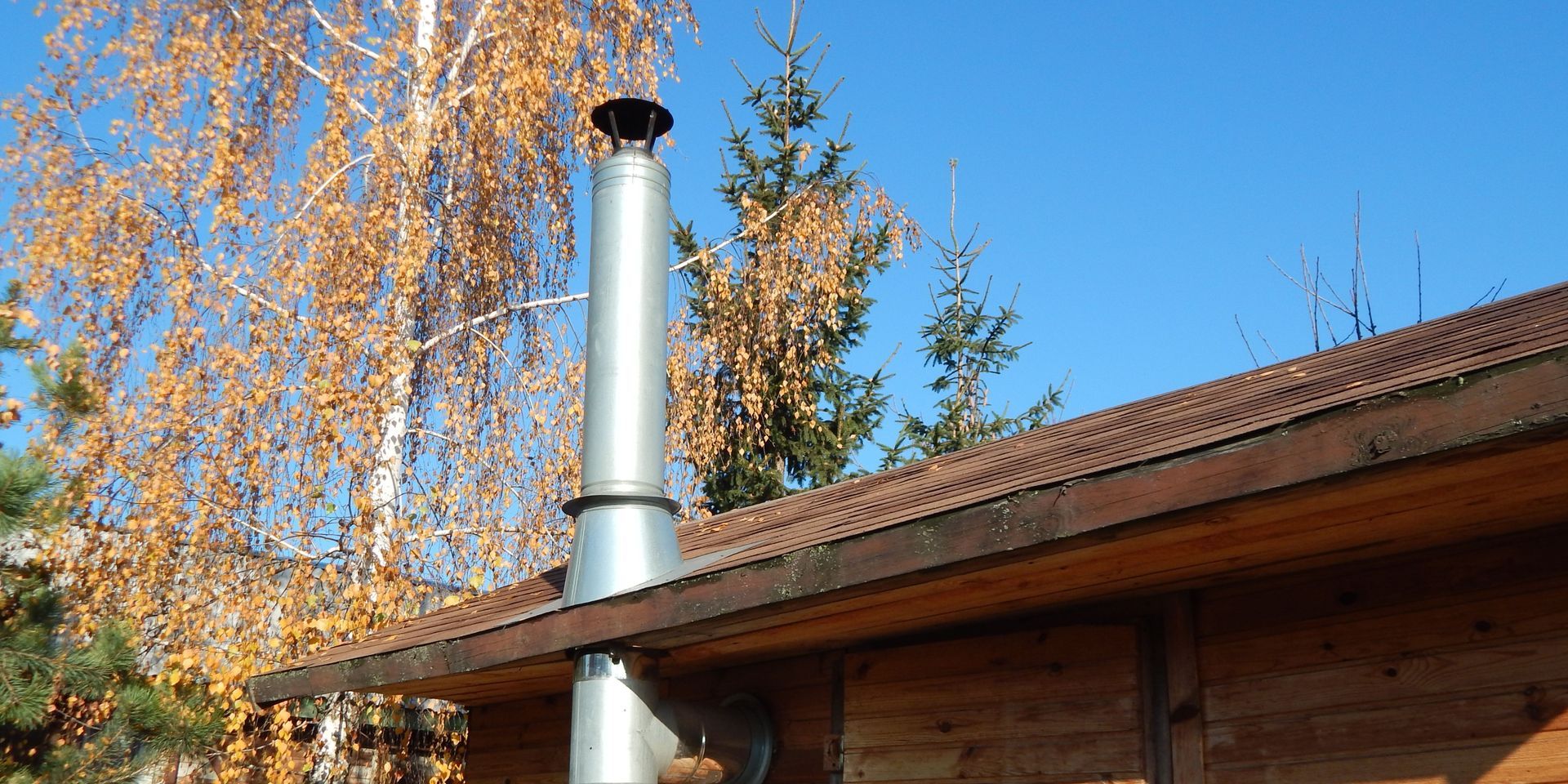
Modern wood-burning stoves are not only more efficient and cleaner but also contribute positively to the environment when used correctly.
- Carbon Neutrality: Wood is considered a carbon-neutral fuel because the carbon dioxide released during burning is roughly equal to the amount absorbed by the tree during its growth. This balance helps reduce the overall carbon footprint.
- Reduced Fossil Fuel Dependence: By using wood-burning stoves, you can reduce your reliance on fossil fuels, which are finite and have a higher environmental impact due to extraction and transportation processes.
- Local Sourcing: Using locally sourced wood reduces the carbon footprint associated with transportation and supports local economies. It also promotes sustainable forestry practices in your region.
Practical Tips for Eco-Friendly Wood-Burning
- Choose the Right Stove: Invest in a modern, high-efficiency wood-burning stove that meets EcoDesign standards.
- Use Seasoned Wood: Ensure your wood is properly seasoned (dried) for at least a year to reduce moisture content and increase burning efficiency.
- Maintain Your Stove: Regular maintenance and cleaning will keep your stove operating efficiently and safely.
- Install a Carbon Monoxide Detector:
For safety, always use a carbon monoxide detector in any room with a wood-burning stove.
Conclusion
Wood-burning stoves, when used and maintained correctly, can be an environmentally friendly and sustainable way to heat your home. Modern stoves are designed to be highly efficient and produce minimal emissions, debunking many of the myths surrounding their use. By choosing a high-quality stove and following best practices for wood-burning, you can enjoy the warmth and ambience of a wood fire while minimising your environmental impact.
For more information on eco-friendly wood-burning stoves, visit
www.newforestfires.co.uk. New Forest Fires offers a range of modern, efficient wood-burning stoves to suit every home and heating need. Discover how you can stay warm and be kind to the environment with our selection of stoves.
Opening Times
- Monday
- Closed
- Tue - Fri
- -
- Saturday
- -
- Sunday
- Closed
Showroom
New Forest Fires
The Barn
Greenacres Nursery
Silver Street
Hordle
SO41 0FN
All Rights Reserved | New Forest Fires & Home Improvements | Privacy Policy


